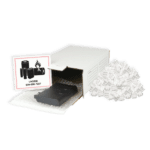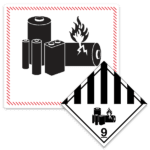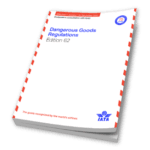
In their May 2021 board meeting, IATA decided to remove the Section II lithium battery option from the Dangerous Goods Regulations.
Section II is referred to in packing instruction PI965 and PI968, which is used for batteries with smaller lithium-ion or metal content.
When Section II is used, the issue is that the handling, acceptance, and notification requirements do not exist like regular, fully regulated packages. This leaves the carrier vulnerable as they do not know the scope of their specific risk.
What does this mean for shippers? Likely increased cost for packaging, labeling, and training to ensure compliance with the other options. It should be noted that several carriers like UPS (United Parcel Service) and Federal Express (Fed Ex) already do not allow the use of Section II lithium batteries.
This is all expected to take place in the 63rd edition of the IATA Dangerous Goods Regulations, with a three-month transition to March 2022. It is anticipated that IATA will submit a paper to the ICAO Dangerous Goods Meeting to incorporate this change into the ICAO Technical Instructions in 2023.
Better start planning now, but also stay tuned for additional news on this change in the coming months.
Stay up to date and sign up for our newsletter!
We have all the products, services and training you need to ensure your staff is properly trained and informed.
 Lithium Battery Shipping Kits |
 Lithium Batteries Labels |
 IATA Publications |
 Shipping Lithium Batteries Training Courses |





